Can I just tell you what a privilege it is for me to post with the remarkable group of women gathered over at SheLoves magazine? Such beauty and goodness flowing over there. Our theme for April is “Mirror.” And here’s part of what came to me on this topic. You can follow me over to their site to read the rest of this piece. . .
I remember visiting an elderly parishioner who had a treasure trove of beautiful antique furniture in her home. The house itself was a Craftsman bungalow, with built-ins, high ceilings topped by crown molding, and beautiful wood trim around every door and window.
She owned several old dressers, with lovely framed mirrors attached, and there was one mirror in particular that I enjoyed. It had been in several homes over the years, and somewhere along the way, had lost a fair amount of its silvering, causing a series of dark spots to appear, especially around the edges.
When I looked in that mirror, I liked what I saw. And may I just say — that’s a fairly rare occurrence in my life? Generally, I avoid mirrors. And cameras, unless I’m shooting the pictures myself. I don’t like my image very much. I’m working on it and have actually mustered up a fair amount of what feels very close to affection for the tired, older face I see these days.
But when I was visiting this home, I pretty much avoided mirrors, except to do the most basic daily ablutions or to check for spinach between my teeth. Yet somehow, that old, spotted mirror was easier for me to look into.
Why?
Because if I positioned myself just right, I could blot out the parts of my body that I liked the least. And because the old silver could no longer hold as much light as it once did, everything else about me faded into a more impressionistic version of reality. I liked seeing less, I liked seeing a toned down version of the real me.
The real me, you see is quite often too much. I am too tall, too heavy, too opinionated, too candid, too loud, too bossy. And when I look in the mirror, I am uncomfortably reminded of all of that ‘too much-ness.’ And the truly weird thing about all this too-much is that it leads to my feeling a whole lot less-than most of the time.
Slowly, and with a large dose of intentionality, I am learning to look for different kinds of mirrors in my life. I’m not sure I’ll ever love what I see in the mirrors hanging in my home, but I think I’m making progress. And I think I’m heading in the right direction when I choose to see myself in some different kinds of reflective surfaces . . .
Join me at SheLoves to find out where I try to look now to see a truer version of me . . .



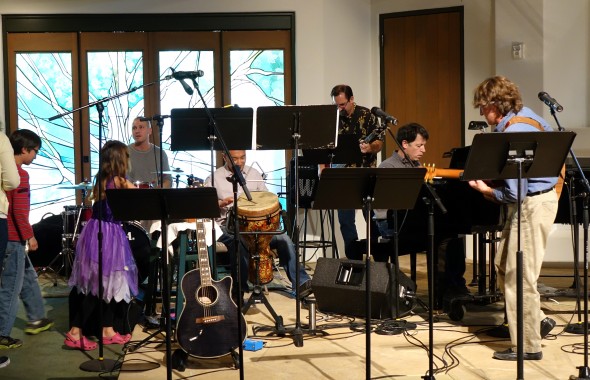
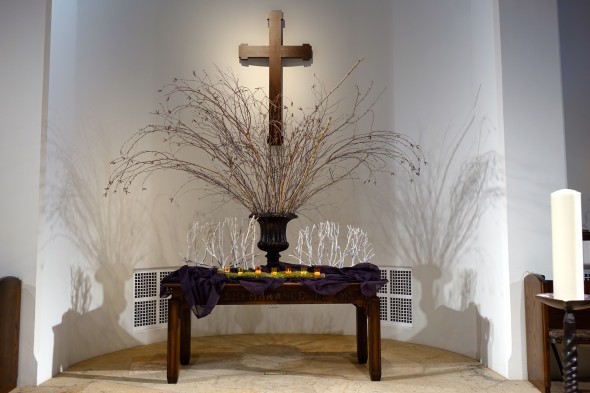
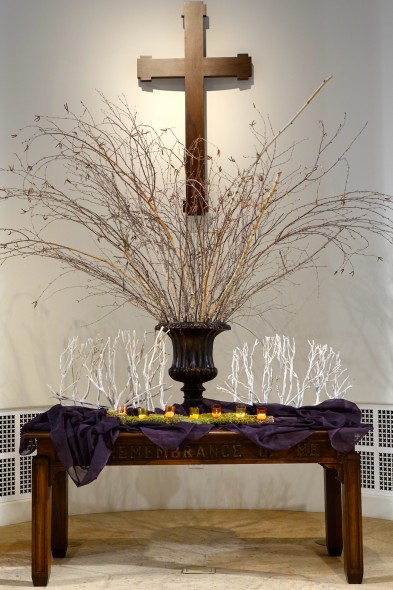
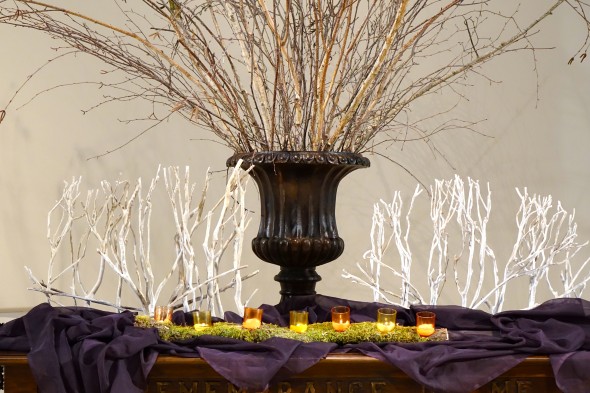
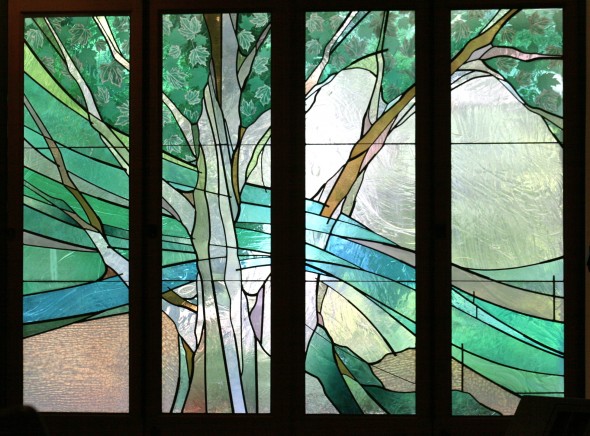
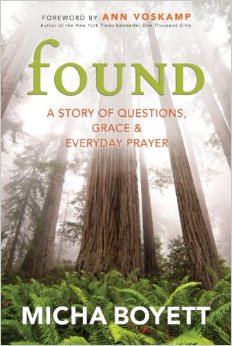



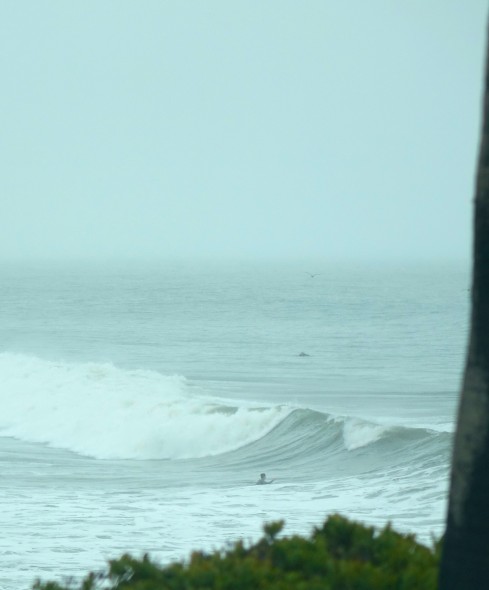
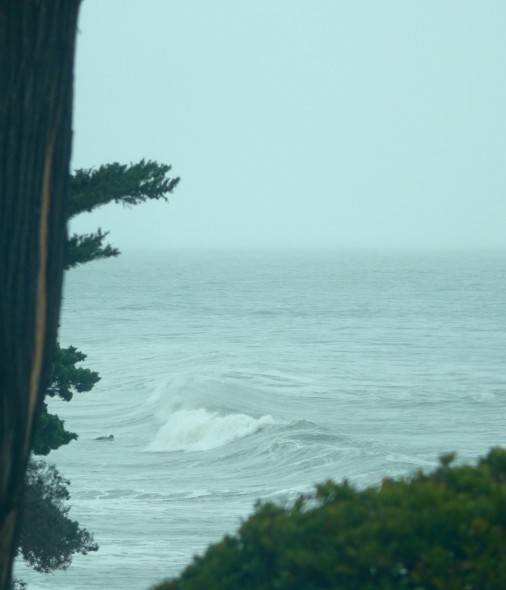

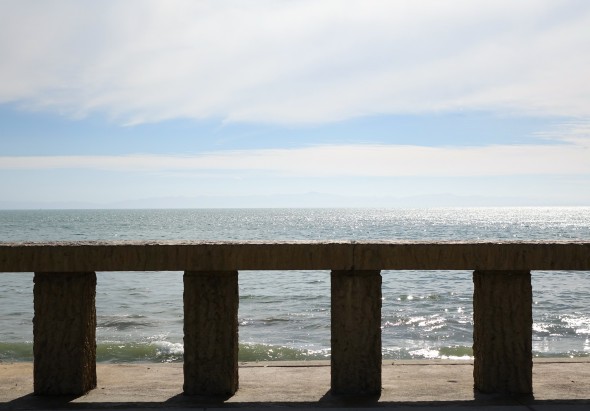
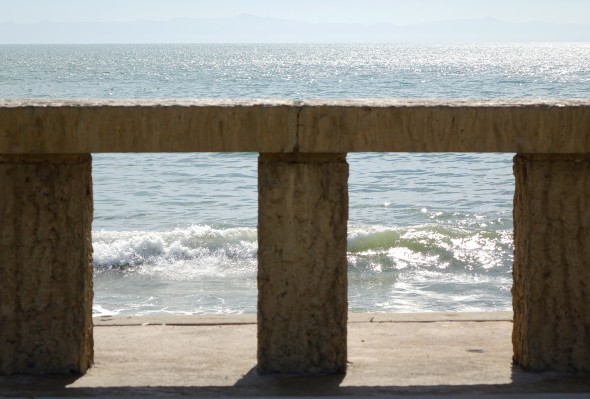





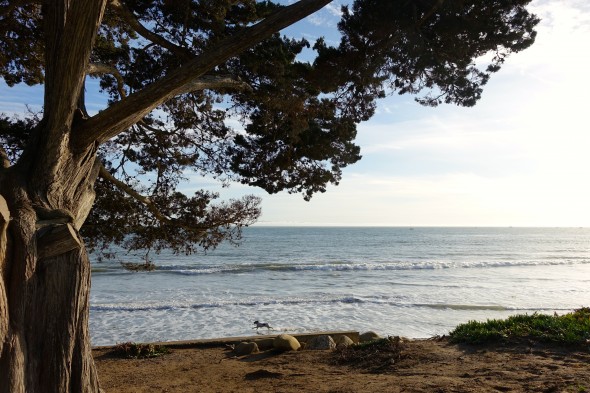
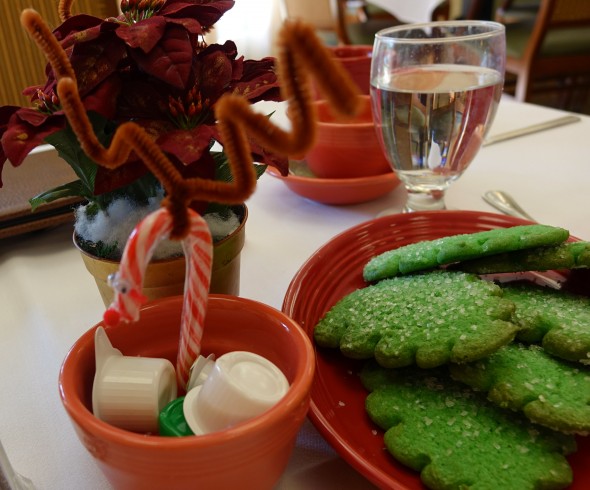
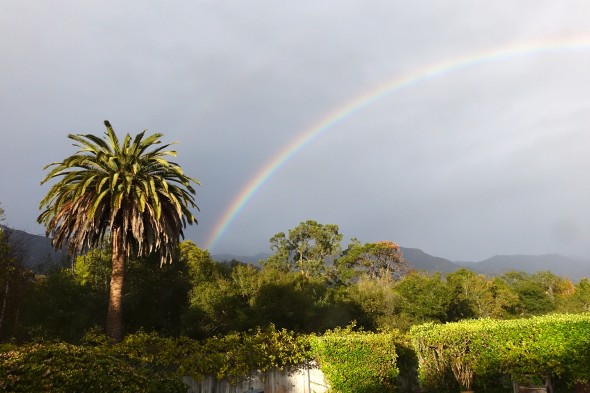
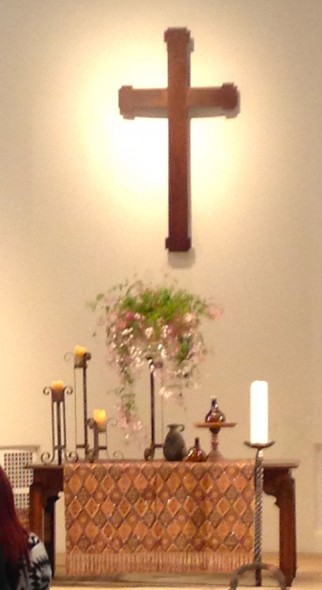
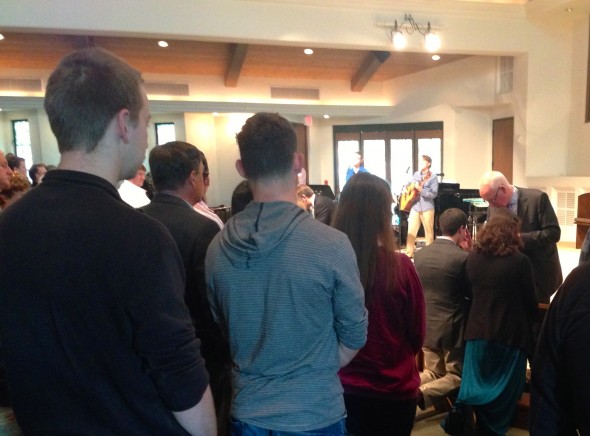
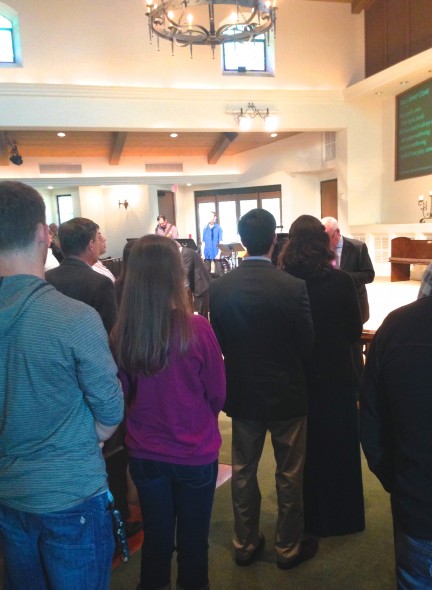
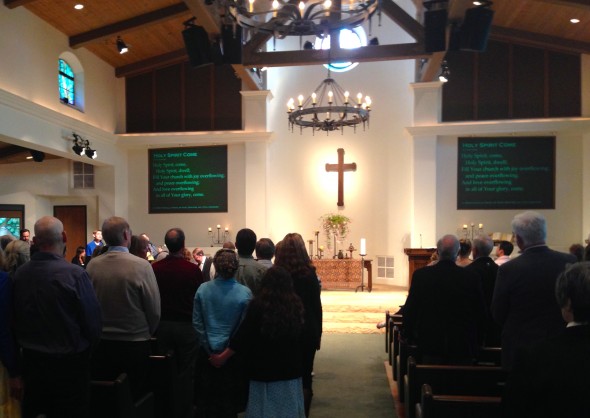
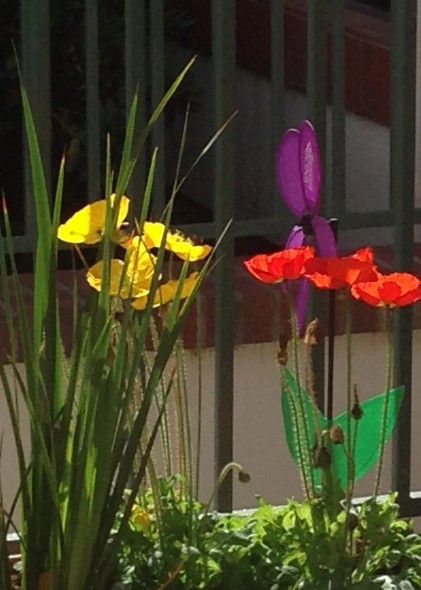 Sunlight through the poppies when we had lunch with ‘the moms’ after church.
Sunlight through the poppies when we had lunch with ‘the moms’ after church.



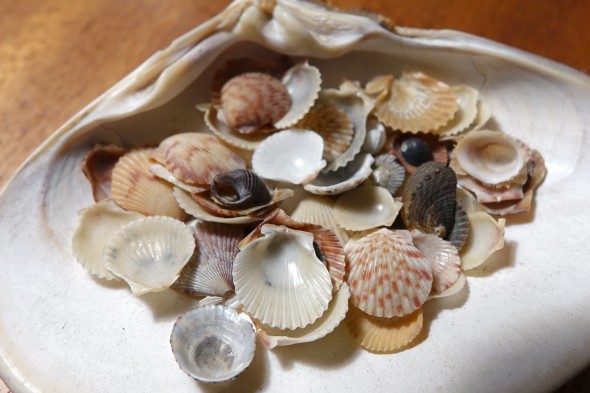
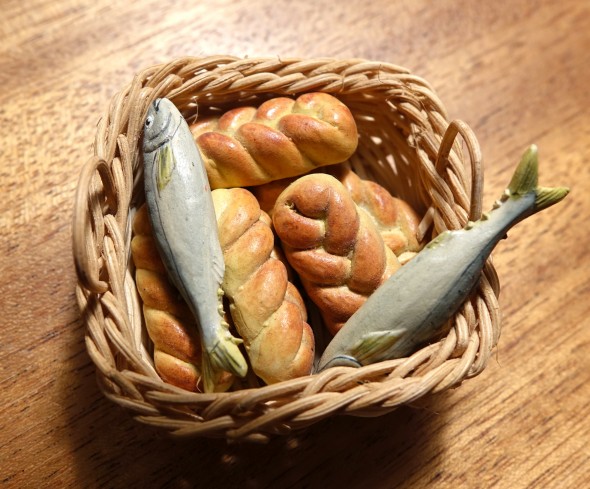
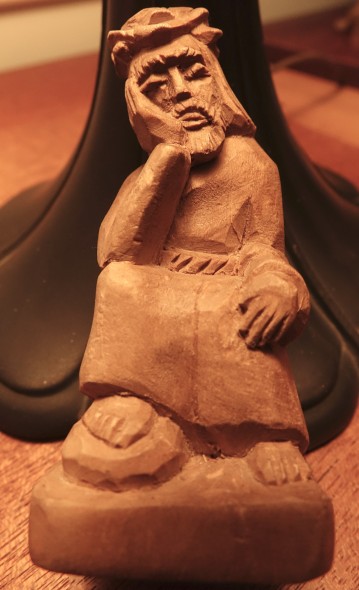
 Loading InLinkz ...
Loading InLinkz ...




















